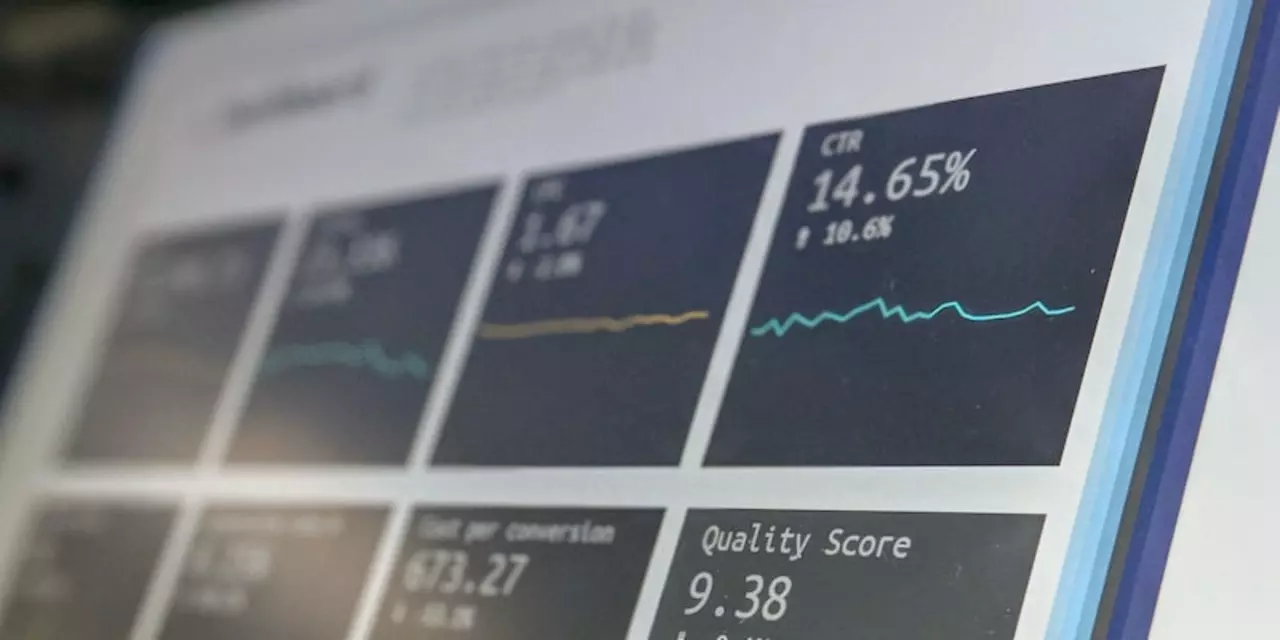Exploring the Challenges of Accessing Healthcare Data: A Patient's Perspective
As a patient, there are a lot of challenges when it comes to accessing our own healthcare data. We may be asked to provide our medical records for our doctor, or for a third party, but it can be difficult to get our hands on this information. In this article, we'll explore some of the challenges of accessing healthcare data from a patient's perspective.
Lack of Control
One of the biggest challenges of accessing healthcare data is that it can often feel like we have little control over it. We may be relying on the healthcare provider to provide the data, or a third party to release the information, and it can be difficult to get access to it when we need it. This can be especially frustrating if we need the data for something urgent.
Privacy Concerns
Another challenge of accessing healthcare data is the potential privacy risks. When we provide our data to someone else, we want to make sure that it's kept secure and not shared with anyone else. Unfortunately, there have been cases where patient data has been leaked or misused, and this can be a major concern for patients.
Data Quality
Finally, accessing healthcare data can also be challenging because of its quality. If the data is inaccurate, or outdated, it can make it difficult to make decisions based on it. Additionally, healthcare data can be complex and difficult to interpret, making it even more difficult to access and make use of it.
Overall, accessing healthcare data can be a major challenge for patients. From lack of control to privacy concerns, and from data quality to complexity, there are many issues that can make it difficult to get access to our own healthcare data. However, with the right tools and resources, it is possible to get access to our data and use it to make informed decisions about our health.
The Hidden Costs of Limited Access to Healthcare Data
In the modern era, data is becoming increasingly important to all aspects of life. This is especially true when it comes to healthcare, where data is the key to improved patient outcomes and increased efficiency. However, while data has become a critical part of healthcare, access to it is often limited, leading to a number of hidden costs.
One of the greatest hidden costs of limited access to healthcare data is that it can impede the ability of healthcare providers to deliver the best possible care. Without access to a patient’s full medical history, treatments may be delayed or ineffective, leading to potentially serious consequences. Additionally, restricted access to data can lead to costly mistakes, such as incorrect diagnoses or incorrect treatments.
Another hidden cost of limited access to healthcare data is that it can lead to increased costs for both patients and providers. Without access to the relevant data, providers may have to run unnecessary tests or treatments, resulting in increased costs. On the other hand, patients may pay more for treatments that would be unnecessary if they had access to the right data.
Another hidden cost of limited access to healthcare data is that it can make it difficult for healthcare providers to develop effective care plans. Without access to the relevant data, providers may not be able to identify the best treatment options for a particular patient. Additionally, restricted access to data can make it difficult for providers to identify potential risks or complications, leading to increased costs and potential harm to the patient.
Finally, limited access to healthcare data can also lead to decreased patient satisfaction. Without access to the relevant data, patients may not feel as informed about their care or have a sense of control over their treatment plan. This can lead to decreased satisfaction with their care, resulting in decreased loyalty and ultimately decreased revenue for providers.
In short, limited access to healthcare data can have a range of hidden costs. From impeding care providers’ ability to deliver the best possible care to decreased patient satisfaction, the costs of restricted access to healthcare data can be far-reaching. It is therefore essential that healthcare providers ensure they have access to the right data in order to maximize efficiency and improve patient outcomes.
Uncovering the Barriers to Unlocking Your Healthcare Data
Having access to your healthcare data is becoming increasingly important as the healthcare industry moves towards a more patient-centered approach. However, despite advances in technology, it can still be difficult to access your healthcare data. This article will explore the reasons why it is so hard to get access to your healthcare data and what you can do to overcome these barriers.
Lack of Standardization
One of the biggest challenges to accessing your healthcare data is the lack of standardization across different providers, health systems, and insurance companies. Each organization has its own set of data formats and systems, making it difficult to access and use data from different sources. This means that even if you have access to your data, it may not be in a format that you can use or understand.
Security Concerns
Another obstacle to getting access to your healthcare data is security concerns. Healthcare data is often highly sensitive and must be kept secure. As a result, many healthcare providers and insurance companies have put in place security protocols that limit access to your data. These protocols can make it difficult for you to access your data or even prevent you from accessing it at all.
Costs and Fees
In some cases, you may also have to pay fees or incur costs in order to access your healthcare data. For example, you may be charged an administrative fee to access your medical records or be required to pay for a third-party service to get access to your data. These costs can add up and make it difficult for you to access your data.
How to Overcome the Barriers
Fortunately, there are steps you can take to improve your access to healthcare data. One option is to take advantage of new technologies that make it easier to access and use data from multiple sources. For example, some organizations have developed systems that allow you to access your healthcare data in a single, secure platform. This makes it easier to access data from different providers and allows you to use the data in a format that makes sense to you.
You can also take the time to research different providers and insurance companies to find out what security protocols are in place and what fees or costs may be incurred when accessing your healthcare data. By understanding the barriers to accessing your data, you can take steps to overcome them and ensure you have the data you need to make informed decisions about your healthcare.




